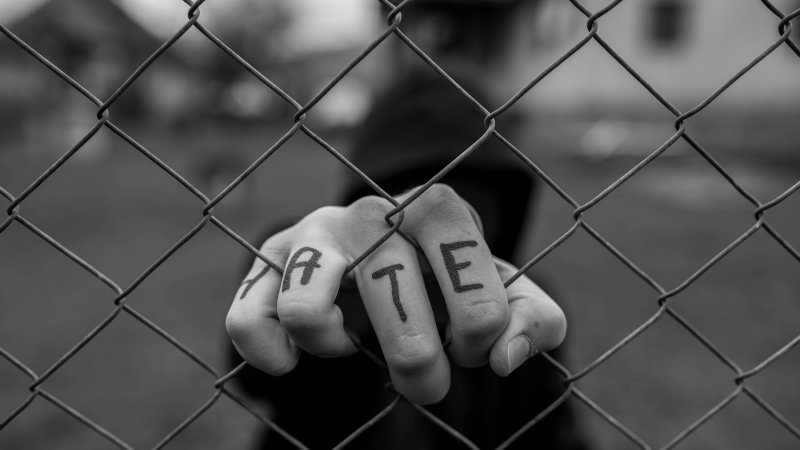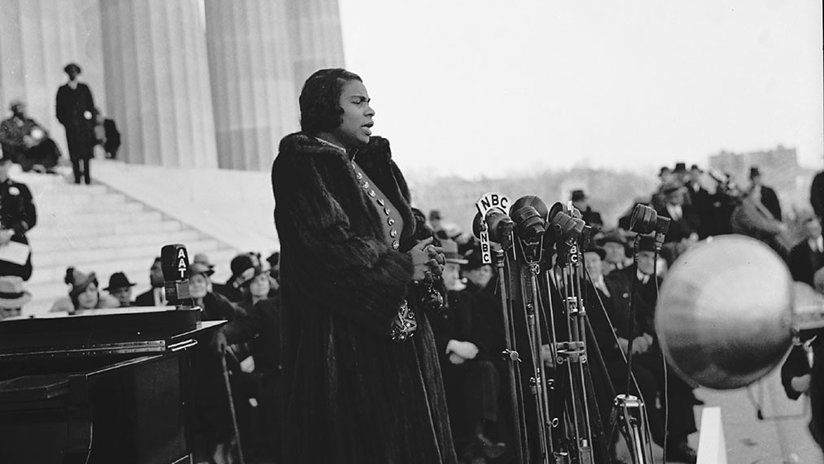
-
HOME
-
WHAT IS STANDOur Mission Our Values Our Help Contact
-
WHAT WE FIGHT FORReligious Freedom Religious Literacy Equality & Human Rights Inclusion & Respect Free Speech Responsible Journalism Corporate Accountability
-
RESOURCESExpert Studies Landmark Decisions White Papers FAQs David Miscavige Religious Freedom Resource Center Freedom of Religion & Human Rights Topic Index Priest-Penitent Privilege Islamophobia
-
HATE MONITORBiased Media Propagandists Hatemongers False Experts Hate Monitor Blog
-
NEWSROOMNews Media Watch Videos Blog
-
TAKE ACTIONCombat Hate & Discrimination Champion Freedom of Religion Demand Accountability
What is “discrimination” anyway?
I was born in Mexico and began my formal education there. Naturally, I studied in Spanish and, because I attended a Catholic school, I was also exposed to Latin from an early age.
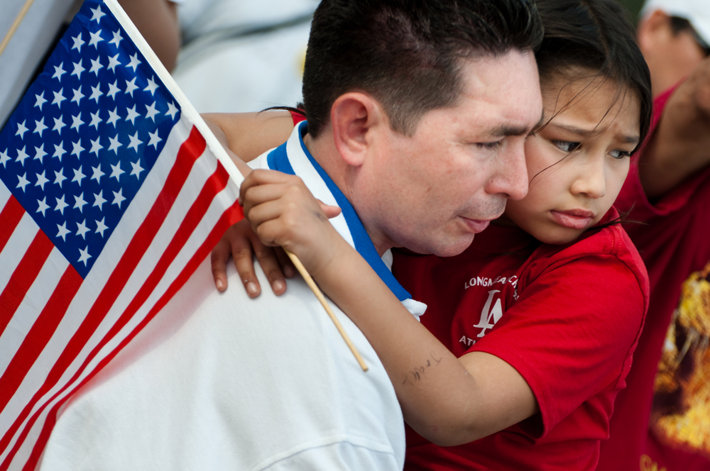
I think the first time I heard the word “discrimination” was when the Mother Superior was addressing a few of us prior to the start of our First Communion Catechism. I did not get that this was a bad thing. In fact, I understood from her interpretation that it was quite a necessary thing for us to have—this “discrimination.” It meant we had good judgment about what was right and what was wrong, especially in the eyes of God, and we needed to have this ability in order to survive in the world.
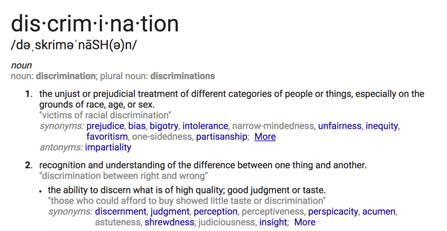
The word is derived from Latin, and it basically boils down to the concept “to separate.” If you look it up now in the Encarta Dictionary, you will find that original definition I had is now the last one listed, and the more inflammatory use of the word is the first definition.
Alright, so fast-forward a few years to when I arrived in the United States. No one in my family spoke English. I arrived at a school where I was the only one in class who did not understand the language the teacher was using. I had to learn.
Once I started to grasp the language, I realized a lot of people had some wrong ideas about me. Some classmates thought I was “Oriental.” My dark, straight hair, almond-shaped eyes, and inability to speak English were probably the “clues” they were using to arrive at that conclusion. So I’d hear things like “Chink” and “Yella,” but as these terms meant nothing to me, I could never take them personally.
And then in the 4th grade, I had an amazing encounter. My teacher, Ms. Takahashi, was Japanese. Not only that: she had personally been sent to a internment camp after the Japanese attack on Pearl Harbor. I will never forget the stories and pictures she shared of her experiences there. She and her parents were removed from their home with little warning and no respect for their property. Despite their being treated like enemies, she told us that they would recite the Pledge of Allegiance every night, and her parents would tell her that the reason those men with guns were standing near the fence was to protect them from danger.
Amazingly, Ms. Takahashi and her parents were enlightened enough to realize that they weren’t being blamed specifically for the attack on Pearl Harbor, but that the country had gone into fear and reacted much like a wild animal would—by “neutralizing the threat,” as she put it. Regardless, that is when the other definition of “discrimination” became part of my vocabulary. I imagined how I’d feel if something like that were ever to happen to me.
But to be honest, I had mixed feelings about it all. I mean, there were different groups of people, so of course they needed to be treated differently! The wannabe tough guys weren’t going to be treated the same as the jocks, right? The slackers weren’t going to be treated the same as the straight-A students, of course. Children aren’t treated the same as adults, etc.
In going through life, I’ve come to realize that “discrimination” has its place in the business world as well. There, “discrimination” is justified when an applicant is unqualified or unfit for the job. Case in point: back in the ’80s I was working for a CPA firm that hired a senior accountant who was quite incompetent. He caused so much damage to the firm, it went bankrupt within a few years of his arrival. A little “discrimination” would have gone a long way there.
I actually laughed. I had assumed people here in the “Bible Belt” are prejudiced about my religion (Scientology), so I never expected to be attacked for my heritage!
Alright, so fast-forward further, to a few years ago. I moved to East Tennessee from Southern California. I was working in a dental practice and one day a patient came in for his appointment. He took one look at the reception area, huffed, and walked out. A few days later, the doctor received a letter from this patient stating that he was never returning to the practice “because you’ve got Spics working there.” I actually laughed. I had assumed people here in the “Bible Belt” are prejudiced about my religion (Scientology), so I never expected to be attacked for my heritage!
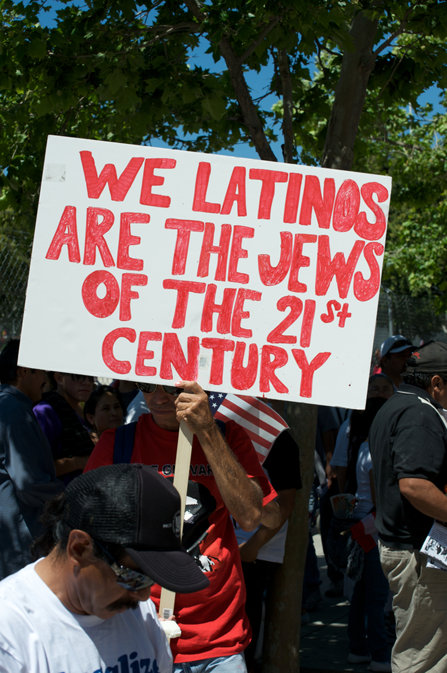
This incident put things in a different perspective for me. Since then, I’ve been much more relaxed about my identity in general because I’m no longer stressed about what people might dislike about who I am. Think about it: I am a (bossy) woman, I am Mexican, I am a Catholic who married a Jewish man, and I am a Scientologist. Fine! Pick what you will, but I’m not going to worry about it anymore.
I’ve realized that I am also a member of this world. I have been very fortunate to travel to different parts of the country, and across the globe, and I have seen for myself that most people are basically kind and friendly. I have also had the good fortune of meeting people of different faiths, and—guess what?—all true religions share a common goal of helping Man go free, whatever that means to their faithful. And all of the people I have personally met, worked with, and spoken with openly about my beliefs have come to realize that they really don’t know much about Scientology firsthand, so I let them know that the data is available to them if and when they want it.
Bottom line, I observe and understand that people are treated differently simply because they are different, culturally and ideologically speaking.
So, I ask: is discrimination really a bad thing?
I say: it is bad if you don’t use proper judgment and are operating off of prejudices. Judgment is something you can acquire by communicating with your fellow man and thus becoming informed of his true intentions and objectives. Once you understand these, your prejudices tend to melt away.
Photos by: Ryan Rodrick Beiler / Juan Camilo Bernal / Shutterstock.com







